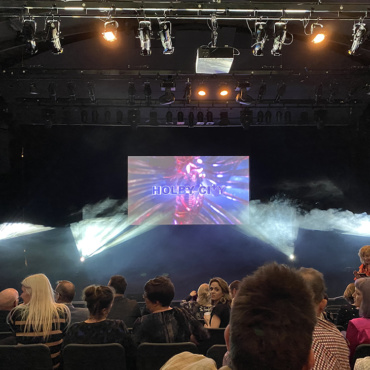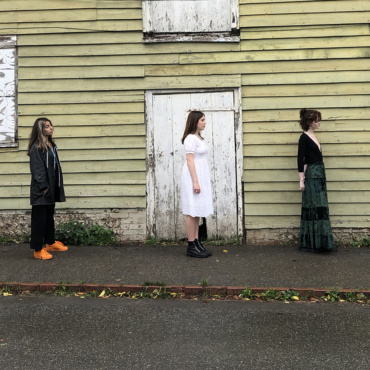Yesterday I attended Social TV: The next 12 months hosted by Digitas. (You guessed it, I’m in New York attending events at Social Media Week.)
Panelists included Digitas Social Media exec Jordan Bitterman, Bravo TV Exec Lisa Hsia, Greg Rivera from Xbox and Lost Remote writer Natan Edelsburg .
Host Jordon Bitterman kicked off the session with the question “What is social TV?” – my favourite response being “A million square foot living room… with everyone watching TV in it”. Throughout the seminar, each panelist highlighted interesting examples of where they had experimented using social media to amplify TV content and grow audience interest. Lisa spotlighted Bravo’s Top Chef: Last Chance Kitchen where they had online only exclusive episodes and voting to allow the audience to save contestants, while Greg Rivera showed how they had made a Toyota advert a two way experience.
On the subject of commercial investment, Lisa Hsia commented that the Bravo shows that have the most active social media following are the least lucrative when it comes to sponsorship. Her reason for this, she said was because both the fans’ comments and content may not be “sponsor friendly”.
This was rather depressing to hear as for those of us who deliver social media services to TV clients, the trickle-down effect of this lack of investment (or interpreted value) means that we will continue to fight for ever-tightened budgets.
The panelists all agreed that Neilson’s forthcoming Twitter rating will be one of the most important developments for the future of social TV. Natan Edelsburg predicted global TV launches with global sponsors, as a way of combating illegal downloads. He also said that community managers will become editors (as Liberty842’s already are!), as they will be expected to deliver the very best quality content, to stay ahead of the game. Music to my ears!
Lisa wished “in her ideal world” that the future of mobile be aligned with a realistic commercial model – but for now, however, TV execs still struggle to execute mobile applications due to lack of people and money to keep them updated. She said with so many second screen apps, it raises the question of where to focus investment.
The title of this event suggested we were going to be enlightened with the answers to burning questions around methods, new technology, viewer behavior and commercial value of social TV. The reality is that no one had the answers but that we are still experimenting, feeling the way towards a more proven social TV future.
The great news is that with experimentation, we learn and have fun in the process. We have our work to do.
By Daisy, 21 February 2013





